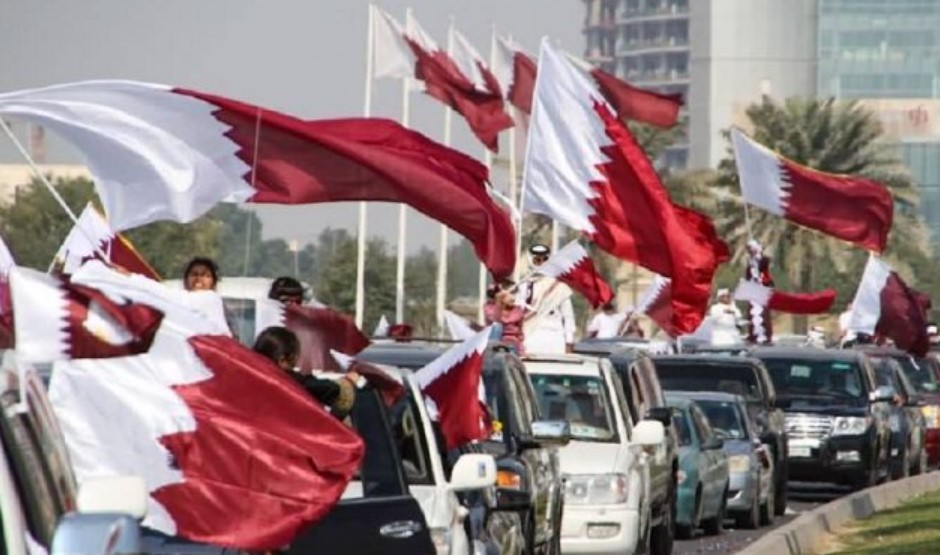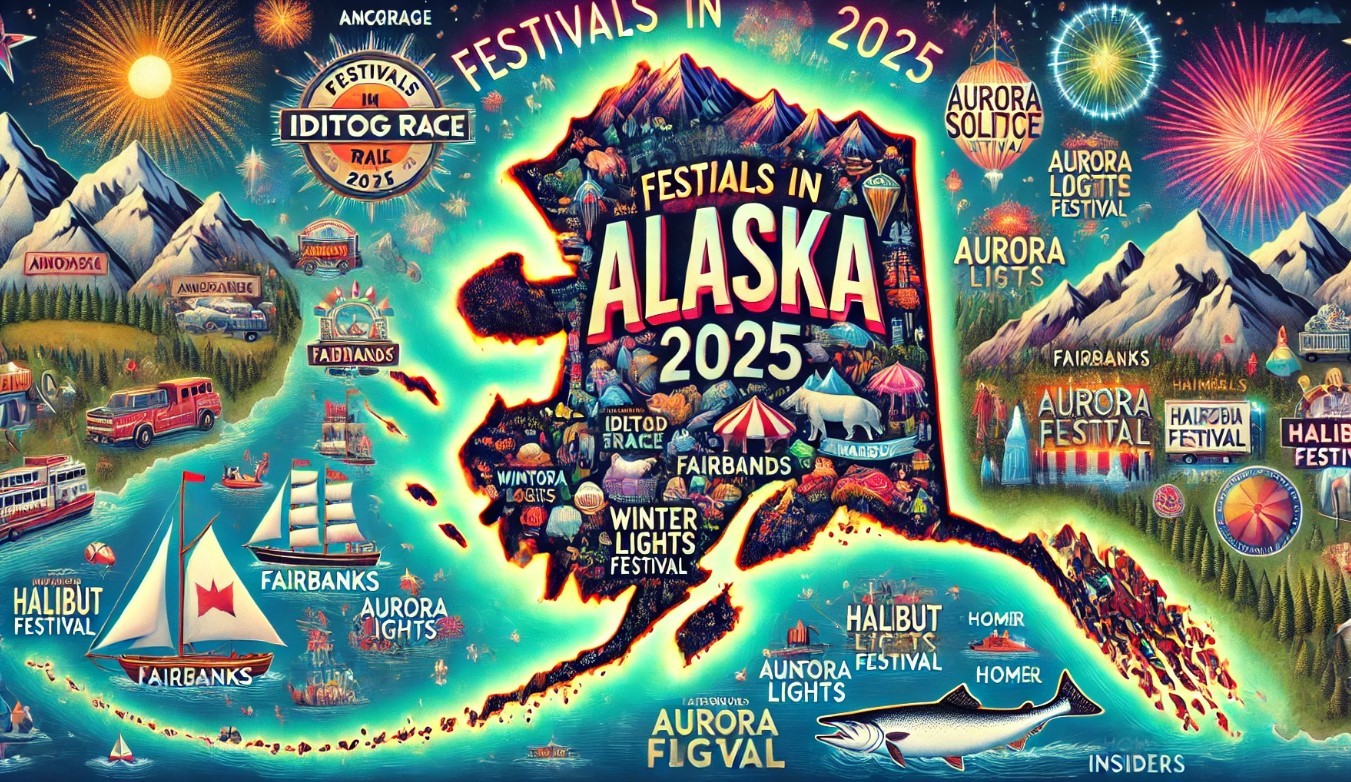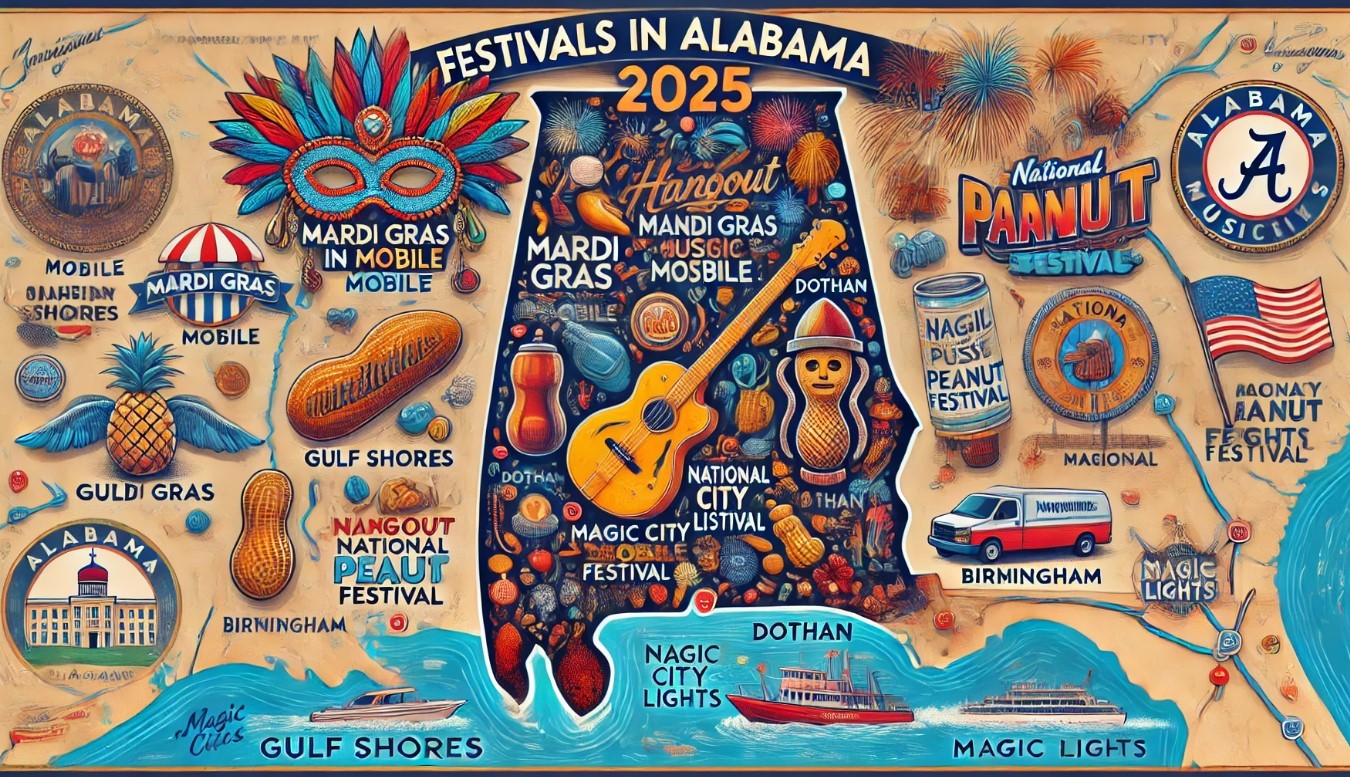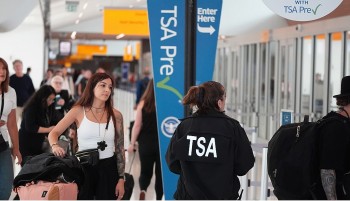2025 Italy Calendar - Full List of Public Holidays, Observances: Meaning, Calebrations
Overview of 2025 Italy Calendar with Holidays
Italy has 11 public holidays - the second-highest number in the EU after Austria, which has 13.
There are also local holidays related to cities’ patron saints (for instance St Ambrose in Milan, St Mark in Venice and St John in Florence), which may also mean a day off work for some.
It is wise to remember Italy's holidays whether you are a local or just passing through. The Catholic calendar is closely associated with several of the twelve official public holidays of the nation. Different areas have different kinds of extra observation. There will be very few businesses open to the public on these days.
2025 Public holiday calendar
1. January 1st, 2025 (New Year’s Day): Wednesday
2. January 6th, 2025 (Epiphany): Monday
3. April 21st, 2025 (Easter Monday): Monday
4. April 25th, 2025 (Liberation Day): Friday
5. May 1st, 2025 (Labour Day): Thursday
6. June 2nd, 2025 (Republic Day): Monday
7. August 15th, 2025 (Ferragosto): Friday
8. November 1st, 2025 (All Saints’ Day): Saturday
9. December 8th, 2025 (Feast of the Immaculate Conception): Monday
10. December 25th, 2025 (Christmas Day): Thursday
11. December 26th, 2025 (St Stephen’s Day): Friday
Christmas Eve (Wednesday, December 24th) and New Year’s Eve (Wednesday, December 31st) are not official public holidays in Italy, but many companies do give their staff both days off as a gesture of goodwill.
Italian official holidays, but not public holidaysItaly's calendar contains seven dates that are regarded as official but not public holidays, so you don't get a day off. These are called solennità civili, or civil feasts, and include the October 4th celebration of Francesco and Caterina, Italy's patron saints, and the March 17th anniversary of the country's unification. This list also includes Italy's National Unity Day, which falls on the first Sunday in November. This is on top of the nearly 30 national and international holidays that Italy observes, such as Christopher Columbus Day (October 12), Europe Day (May 9), and Holocaust Remembrance Day (January 27). None of these will grant you a day off, just like the solennità civili. |
New Year's Day, National Holiday, 1 Jan Wednesday
Italians celebrate ending the old year and starting the new with food, festivities, and traditions. Capodanno means New Year's Day in Italian.
Julius Caesar founded New Year's Day in Rome, making Italy the official birthplace. In 46 BC, the Roman emperor declared January 1st New Year's Day. In later years, Roman pagans celebrated New Year's with drunken orgies. Christianization changed the holidays, moving New Year's to March 25th.
Pope Gregory XIII reinstated January 1st as New Year's Day in 1582. Traditional Italian New Year traditions include throwing pans, pots, and even clothes out the window to signal the end of the past and the beginning of the future. Good luck is also associated with red underwear. White risotto, zampone sausage, and lentils, which symbolize luck, are common Italian celebration foods. The meal may include raisins for luck. Many Italians celebrate with Midnight Mass later that night.
New Year's Day is a nationwide festival. Traditional music and dance halls fill. Celebrations include fireworks. Around midnight, colorful fireworks welcome New Year's Day. Private parties will have firecrackers as well as public displays. It's Festa della Befana in Italy until January 6.
Epiphany (La Befana), National Holiday, 6 Jan Monday
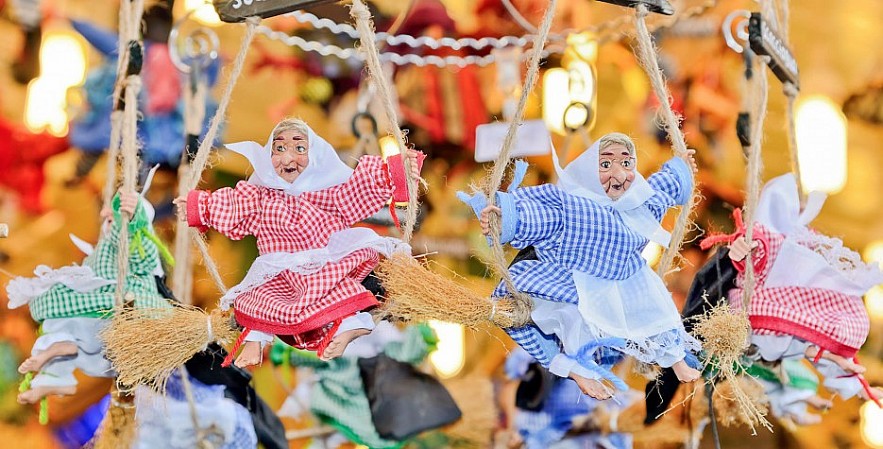 |
| La Befana in Italy |
Celebrated on January 6, Epiphany is an important holiday in Italy, a nation of deep Christian roots.
Three Kings, also known as the Wise Men, are said to have brought gifts to Jesus in the manger on the sixth day of Epiphany. Giving gifts is another way that this day is marked. Children in southern Italy and Sicily find gifts from the wise men or kings when they wake up on January 6. In some parts of Italy, La Befana is the one who left them gifts on the morning of the 6th of January.
La Befana is a lot like Santa Claus in that she gives gifts and has traditions about who is good and who is bad. Like Santa, La Befana puts toys, sweets, and small gifts in a child's sock. She also leaves lumps of coal for kids who have been bad. Some traditions say that when she zips down chimneys on her broom to bring kids their gifts, she also sweeps the floor, getting rid of any problems from the previous year with any chimney soot she may have left behind while stuffing socks.
Epiphany is the twelfth day of Christmas. It marks the end of one of the most important holiday seasons in Christianity. There are many public events, one of which is at the Vatican. It is a beautiful prayer. Wear clothes that look like they were made in the Middle Ages and give the Pope gifts that honor the Magi, or three wise men. On the day of the Epiphany, there are parades, street fairs, and boat races in the Great Canal of Venice. People in the race dress up as La Befana.
5 Mar Wednesday Ash Wednesday Observance
19 Mar Wednesday Father's Day Observance
20 Mar Thursday March Equinox Season
18 Apr Friday, Good Friday Observance
Easter Sunday. National holiday, 20 Apr Sunday
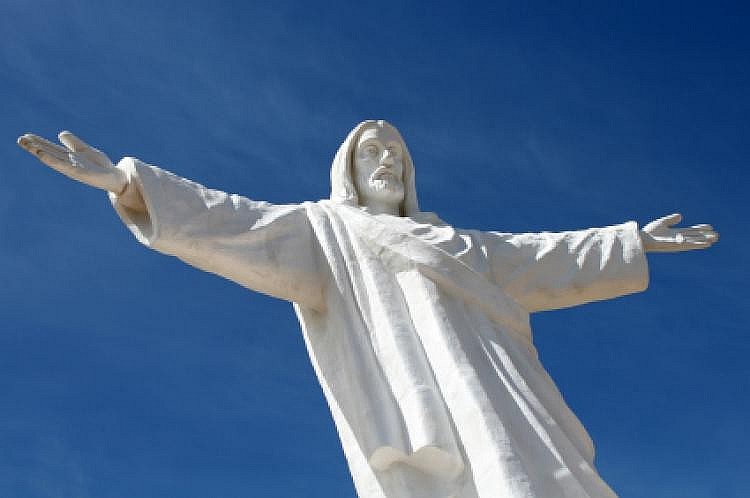 |
| Statues of Jesus are seen at parades, processions and festivities in Italy on Easter Day |
The most significant day in the Christian calendar is Easter Sunday. The church bells, which were silent during Lent, will ring again on Easter Sunday.
Easter Day, as recorded in the Christian bible, is a national holiday in Italy honoring the resurrection of Jesus Christ from the dead. The March Equinox is when Easter is traditionally celebrated.
It is a public holiday on Easter Sunday. The majority of businesses and schools are closed, and most people have the day off.
Since it falls on a Sunday in 2025, some companies might decide to keep their regular Sunday hours.
In Italy, Easter, known as Pasqua in Italian, is a joyous occasion. Nationwide, a great number of towns and cities host religious parades and festivities. Large crowds of people participate in street processions carrying statues of Jesus or his mother Mary. Easter cuisine varies, but lamb, eggs, and Easter pie are always served.
Easter Monday, National holiday, 21 Apr Monday
In Italy, Easter is the second-most important holiday after Christmas. It is observed in a far more religious manner than in many other Western countries, to the extent that it can be challenging to locate the Easter Bunny. In Italy, 80 percent of people practice Roman Catholicism; only about 5 percent follow other Christian denominations, and 3 percent follow non-Christian beliefs. The others are "secular," but they are frequently "culturally Catholic."
There is a long build-up to Easter season in Italy. First, there's "Carnevale," or Mardi Gras, which takes place in January and lasts until Ash Wednesday, when Lent officially begins. Then, during the 40-day Lenten season, fish and other favored foods and activities are abstained from. Things get busy about two weeks before Easter when religious pilgrims start arriving in Rome.
Liberation Day, National holiday, 25 Apr Friday
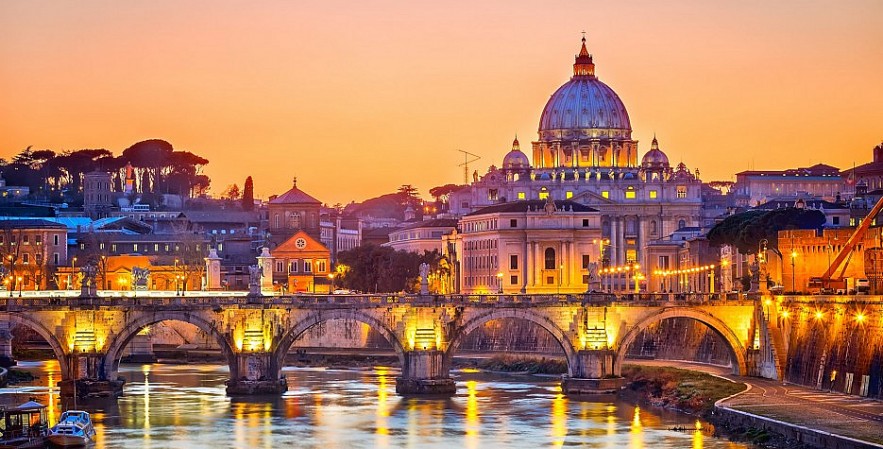 |
| Liberation Day in Italy |
Liberation Day (Anniversario della Liberazione or Festa della Liberazione), which is celebrated on April 25, is a public holiday in Italy. It marks the end of the Second World War and the liberation of the country by Allied troops and the Italian resistance.
On this day, people get together in towns all over Italy. Different kinds of events can be held, such as music concerts, political rallies, and marching bands.
It has been a public holiday in Italy since 1946.
25 Apr Friday The Feast of St Mark (Venice) Local holiday
Sardinia's Day, 28 Apr
For people in Sardinia, Italy, April 28 is Sardinia's Day, which is also known as Sa Die de Sa Sardigna.
On this day in 1793, the people of Sardinia took back their island from the Piedmontese.
The second-biggest island in the Mediterranean Sea is Sardinia.
In 1993, the day was made a public holiday, and events are held to remember what happened in 1794. Schools are closed on this day.
Labor Day / May Day, National holiday, 1 May Thursday
In Italy, International Workers’ Day is celebrated annually on May 1st.
Every nation or city in the world owes its infrastructure and unique character to the laborers who toiled under difficult circumstances for meager wages in order to create a society that would prosper. The majority of nations commemorate the labors of workers throughout history with a special holiday. The day is observed as May Day or Labor Day in several nations.
Although labor and union workers are sometimes given the opportunity to demonstrate on International Workers' Day, the majority of people celebrate in different ways. To honor laborers across the nation, government buildings, post offices, schools, and other public institutions close for the day. On this day of celebration, a lot of people go to concerts, watch parades, have picnics and get-togethers with friends and family, and just relax.
11 May Sunday Mother's Day, Observance
Republic Day, National holiday, 2 Jun Monday
In honor of the day Italy became a republic, the country celebrates Republic Day, which goes by several names: Proclamazione della Repubblica, Festa della Reppublica, and others.
June 2nd is a national holiday in Italy commemorating a historical event. After a long period of reconstruction following WWII, the country held a referendum in 1946 to let its citizens decide on a new system of government.
It is believed that Italy was born on Republic Day. It is a very joyous occasion, comparable to the American Independence Day or the French Bastille Day. The general population shows up annually to partake in the celebrations. The most popular thing to do in Rome is to watch the military parade. Embassies around the country are also celebrating, so it's a good time to spread the welcome mat. In honor of the fallen heroes of Italy's war effort, a wreath is laid on the Altare della Patria's Unknown Soldier's grave.
On Republic Day, Italians display their immense national pride through acts of patriotism. In celebration of their liberation from a dark period in their history, the public chooses this day to feast, drink, and celebrate with zeal. An illustrious occasion is Republic Day.
21 Jun Saturday June Solstice Season
The Feast of St. John (Florence, Genoa, Turin), Local holiday, 24 Jun Tuesday
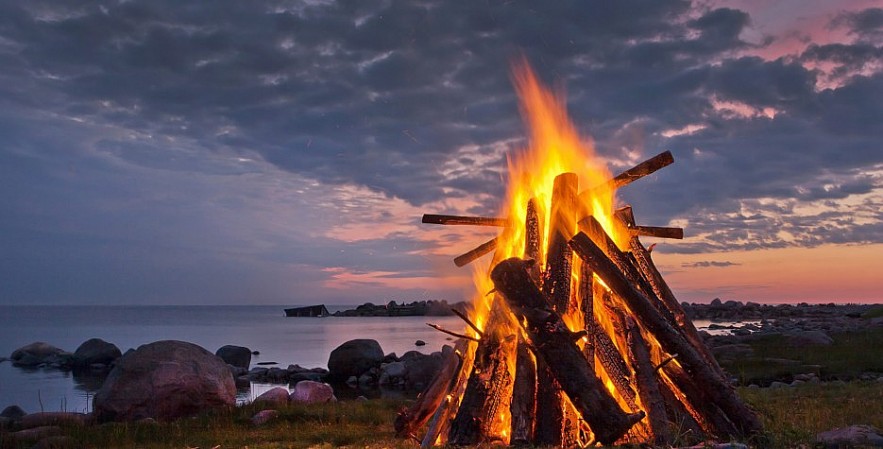 |
| Feast of St. John the Baptist in Italy |
The Feast of St. John the Baptist is recognized as a public holiday in the cities of Florence, Genoa, and Turin.
This holiday, observed annually on June 24th, commemorates the birth of St. John the Baptist.
The Gospel of Luke contains verses that suggest John the Baptist was born six months prior to Jesus. Given the established tradition of Jesus's birth on December 25th (Christmas Day), it follows that Midsummer Day, occurring six months earlier, was designated as the feast day of St. John the Baptist.
29 Jun Sunday The Feast of St. Peter and St. Paul (Rome) Local holiday
Saint Peter and Saint Paul
The feast day is observed as a public holiday in Rome on June 29th. This day honors the martyrdom of two saints, St. Peter and St. Paul, believed to have occurred on this date in 67 AD. St. Paul and St. Peter serve as the revered patron saints of the Eternal City. It is said that they both founded the Church in Rome, with Peter recognized as the first Pope.
All public offices in Rome will be shut down. Numerous shops and supermarkets might shut down during lunchtime.
The feast day is observed as a public holiday in Rome on June 29th. This day honors the martyrdom of two saints, St. Peter and St. Paul, believed to have occurred on this date in 67AD. St. Paul and St. Peter serve as the revered patron saints of the Eternal City. It is stated that both are credited with founding the Church in Rome, with Peter recognized as the first Pope.
All public offices in Rome will be shut down. Numerous shops and supermarkets might shut down during lunchtime.
Assumption of Mary, National holiday, 15 Aug Friday
Assumption Day, also known as Ferragosto or Assunzione, is celebrated on August 15.
This holiday is very important in Italy and all Roman Catholic countries. In Italy, the holiday has a special meaning with many unique features only found there.
This holiday, like many others, has Pagan roots. Isis of the Sea's mythical birthday was the first to be celebrated. It became one of the holiest days of Christianity after being made a part of it.
The Blessed Mary, Mother of God, left her earthly body to ascend to Heaven on Assumption Day. Mary, unlike all other mortal women, did not die the normal way, according to tradition. Her transition to Heaven was perfect and painless. The Roman Catholic Church has believed this since the Roman Empire.
As mentioned above, the holiday is celebrated worldwide where the Roman Catholic Church is important. Italy has many unique customs for this day. Many Italian cities host festivals with cheap regional cuisine.
Italians love feasts, and the Assumption of the Blessed Virgin is a great one. Many fireworks and a festive atmosphere are present. The Italian social calendar has few more boisterous and celebratory holidays.
Ferragosto, Public Holiday, 15 Aug Friday
In Italy, Ferragosto is a national holiday that is always celebrated on August 15, no matter what day of the week it is.
A lot of people celebrate this holiday on the Feast of the Assumption, which remembers Mary's assumption to heaven. Roman Catholics believe that Mary was taken to heaven, body and soul, at the end of her life on earth.
The Feast of the Assumption would be a big deal in a Catholic country like Italy. In fact, August 15 is a public holiday in many places around the world in honor of the Assumption.
But the traditions of Ferragosto go back even further to Ancient Rome. It was a holiday long before August 15 became important in Christian religion.
19 Sep Friday The Feast of Saint Januarius (Naples) Local holiday
22 Sep Monday September Equinox Season
All Saints' Day, National holiday, 1 Nov Saturday
Italy observes All Saints' Day, or Ognissanti, on November 1st as a public holiday, with the closure of public buildings, educational institutions, and a large number of private enterprises. On Sundays, public transportation operates as scheduled.
The Beatitudes, which are eight blessings that Jesus bestowed during his Sermon on the Mount and which are related in Matthew's Gospel, are usually read aloud to commemorate the holiday.
It is now customary in many churches to remember those who passed away during the year on the actual day.
The custom of lighting candles on graves the night before All Saints' Eve is gaining popularity.
7 Dec Sunday The Feast of St. Ambrose (Milan) Local holiday
Feast of the Immaculate Conception, National holiday, 8 Dec Monday
The Immaculate Conception is a Roman Catholic holiday in Italy that honors the virginity of Mary.
In Italy, the holiday is referred to as Immacolata Concezione. The Immaculate Conception stands as a significant holiday for Roman Catholics and Italians alike. This is mainly because more than 90 percent of the population in Italy identifies as Catholic. The Immaculate Conception is a celebration that fosters connections among friends and family. Each year, it is celebrated on December 8.
The Immaculate Conception is a significant Roman Catholic celebration that enables the Italian people to demonstrate their devotion to God and the Virgin Mary.
21 Dec Sunday December Solstice Season
Christmas Day, National holiday, 25 Dec Thursday
Traditional Christmas Day celebrates Jesus' birth on December 25, 1 BC. Most nations will observe December 25th as a public holiday. If 25 December is a weekend, a nearby weekday may be recognized as a holiday.
26 Dec Friday National holiday St. Stephen's Day
Italy celebrates St. Stephen's Day on December 26.
Italians usually spend Christmas Day at home with family, but on St. Stephen's Day, they visit friends, extended family, and nearby churches with nativity scenes. While Christians worldwide venerate the saint, Italians have a special historical connection. Early Christian martyr St. Stephen was tried and executed in Jerusalem around 34 AD. His relics were believed to be in the Castle of Monopoli in Puglia, Italy. After the Saracens attacked the castle on December 26, 1394, St. Stephen's remains were wagoned to Putignano.
Since their town was chosen to house the holy relics, the villagers painted their faces and welcomed the wagon with joy. Since then, December 26 has been St. Stephen's feast day, and Putignano has the oldest carnival in Europe.
Today, Italians celebrate St. Stephen's Day in many ways. Some towns hold processions like Putignano, but others perform elaborate live nativity scenes or give food and gifts to the needy. Visitors to Rome and other large cities can see beautiful nativity displays and saints' relics in churches and cathedrals. St. Stephen's Day is one of Italy's most joyful days, with feasting, celebration, and charity.
31 Dec Wednesday New Year's Eve Observance
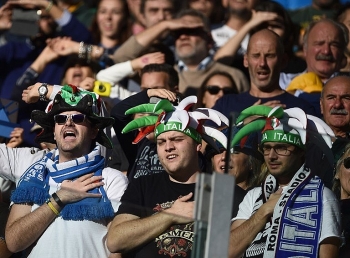 Italian National Anthem: History, Full Lyrics In Italian and English Italian National Anthem: History, Full Lyrics In Italian and English The Italian football team and its fans are known for belting out rousing renditions of the country’s national anthem before matches. But what exactly are ... |
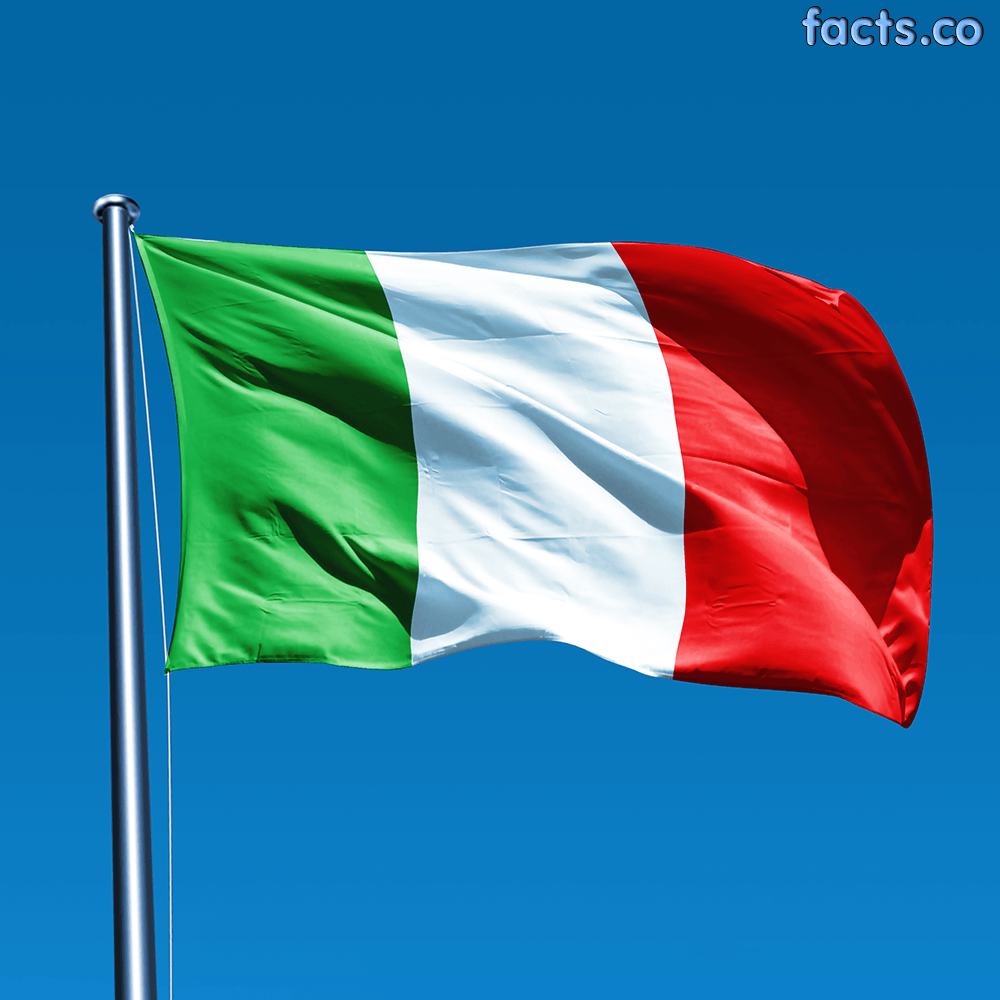 9 Little-Known Facts About Italy 9 Little-Known Facts About Italy Italy is a fascinating country, and a trip there may be jam-packed with exciting activities and breathtaking scenery. |
 Top 7 Best Washing Machine Brands Made In Italy Top 7 Best Washing Machine Brands Made In Italy Washing machine made in Italy is one of the most prestigious brands in the world because of its quality and beautiful design. Let's explore the ... |
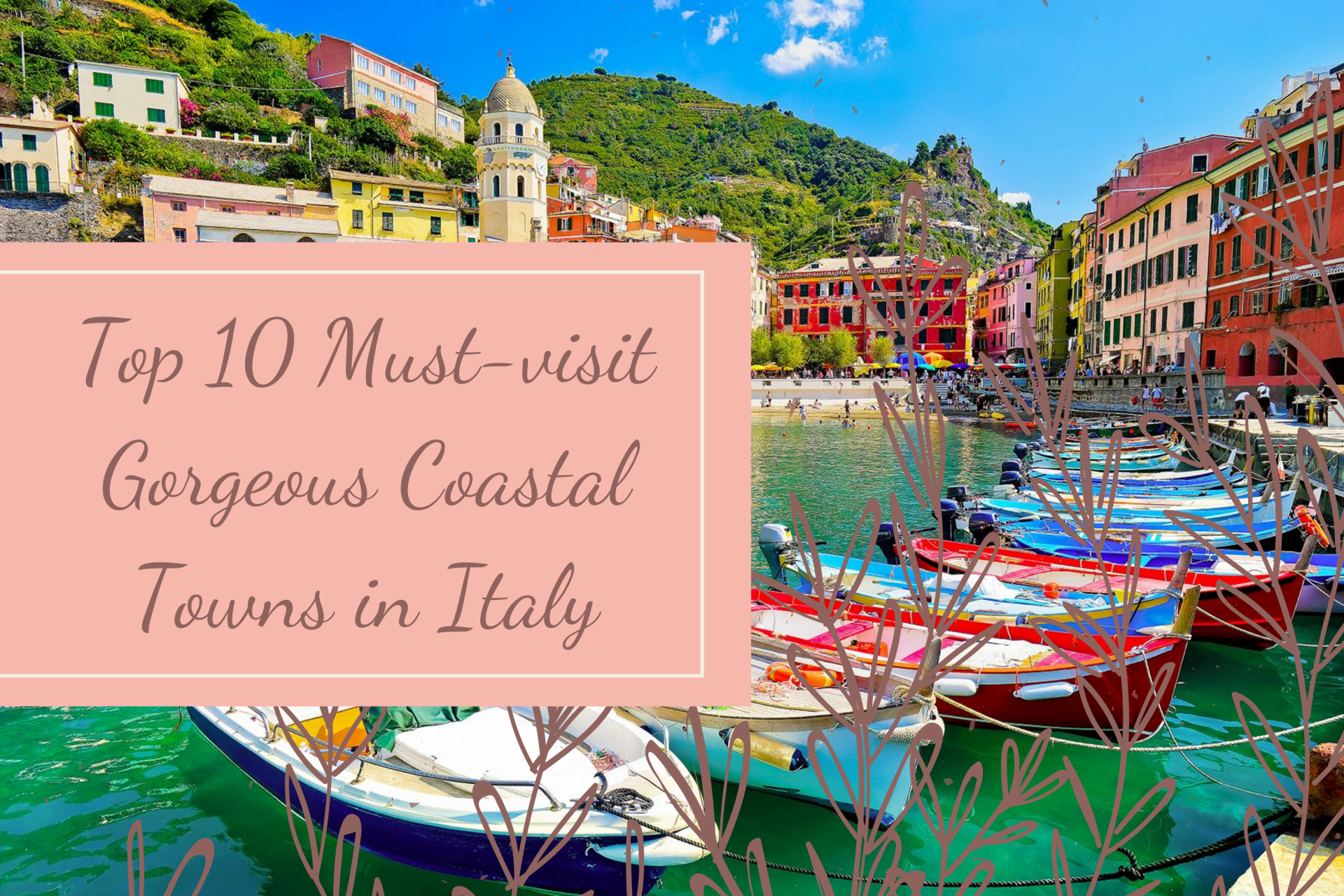 Top 10 Most Beautiful Coastal Towns in Italy Top 10 Most Beautiful Coastal Towns in Italy Italy's coast is dotted with picture-perfect seaside villages, each with its own unique panorama of breathtaking vistas. Read on to discover the top 10 enchanting ... |
 Top 10 Best Shopping Malls In Italy 2024-2025 Top 10 Best Shopping Malls In Italy 2024-2025 The solution to having Italian designers on your mind but not wanting to spend more money on a handbag than you spent on your flight ... |

